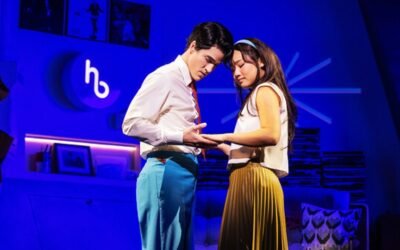Maybe Happy Ending: How Park Hyu-cheon Turned Struggles into Success
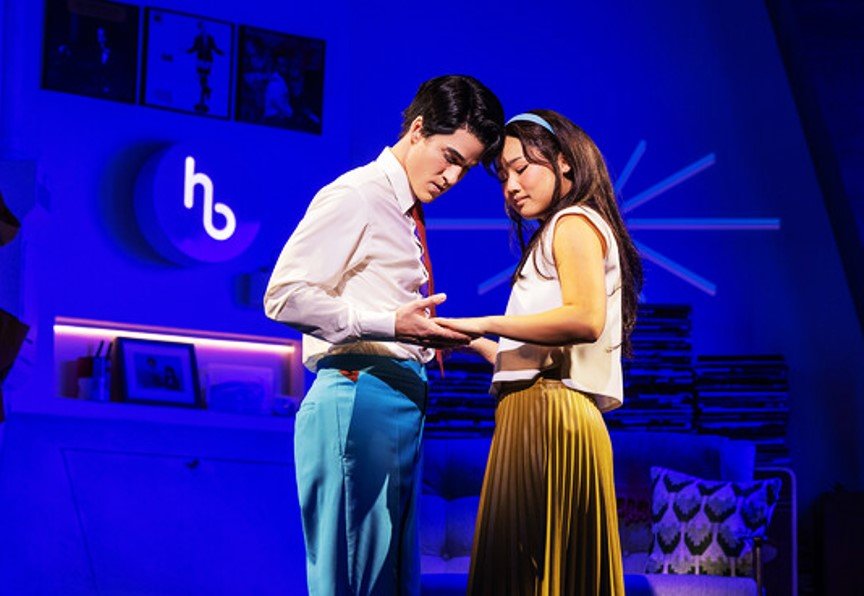
1. A Childhood and First Encounters with Writing
From an early age, writer Park Hyu-cheon grew up with books and writing as his companions. While other children spent their time on the playground or at PC bangs, he would take a small notebook and a pen and record his imaginary worlds. Although his parents encouraged him to pursue a stable career, he was convinced that “creating stories” was what he did best.
Throughout middle and high school, he built the foundations of his craft by participating in literary clubs and school writing competitions. However, reality was tough. Even when he won a contest, the prize money wasn’t significant, and his audience was limited. Despite these challenges, he never gave up on his dream of becoming a writer.
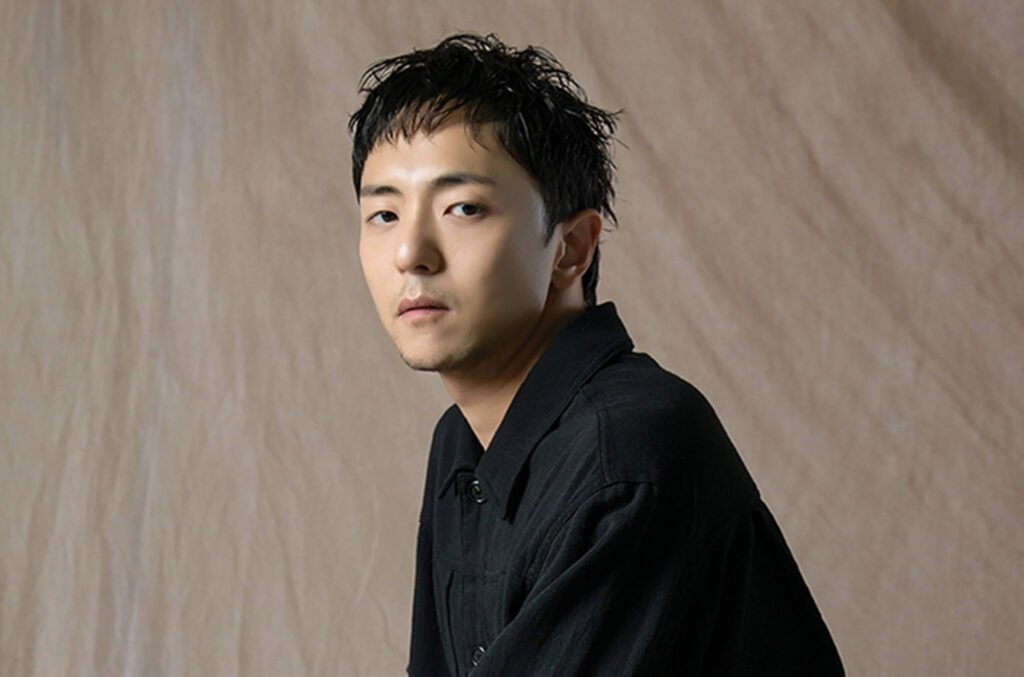
2. The Long Hardship and Tribulations Before Publication
When Park Hyu-cheon began sending his manuscripts to publishing houses with the dream of making his official debut, most of the responses he received were “rejections.” The reasons varied: “The quality is lacking,” “It has little marketability,” or “It will be difficult to secure a readership.” These were the words he heard repeatedly.
During this period, he suffered a significant drop in self-esteem and even considered giving up writing altogether. But instead of giving up completely, he made writing an “everyday habit.”
In the mornings, he would jot down ideas that came to him the day before; during the day, he would observe the conversations and expressions of people around him to find new material; and at night, he would write and revise his manuscripts. This regular writing routine significantly improved his prose and storytelling abilities.
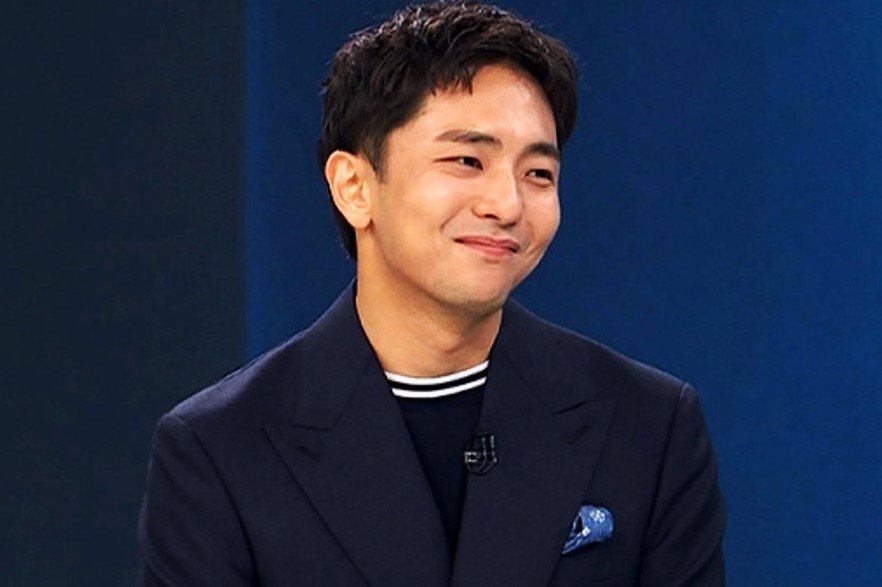
3. The Birth of Maybe Happy Ending
Park Hyu-cheon‘s masterpiece, Maybe Happy Ending, is not just a simple love story. He began the novel with the question, “Is it possible to be happy even if the ending isn’t perfect?”
The characters in the novel all live with a sense of lack. However, within that lack, they discover small joys and comforts and move forward. Through this, the writer Park Hyu-cheon sought to convey the message that “even small happiness is enough.”
During the initial planning stage, the reactions from those around him were mixed. Some people said, “The premise is cliché,” but he took this feedback and used it to portray more honest and realistic emotions. As a result, Maybe Happy Ending was completed as a heartwarming story where reality and ideals coexist.
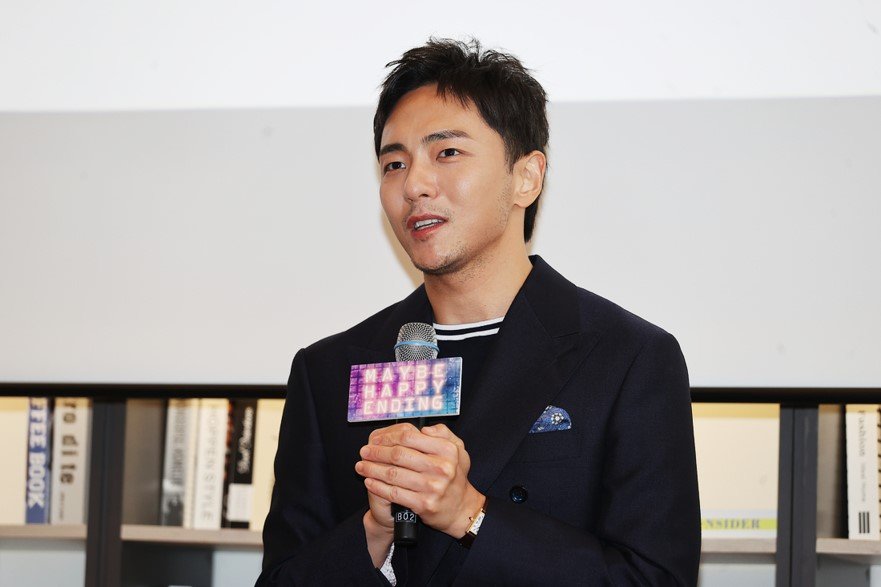
4. The Initial Reader Reactions and Setbacks
When the book was released, reactions were polarized. Some readers left harsh reviews, saying, “The plot is simple,” or “The emotional expression is excessive.” The cold reviews on online bookstores and social media, in particular, were a great source of pain for the writer.
However, there was also warm feedback, with comments like, “I felt a small sense of comfort,” and “I cried at the last sentence.” Instead of being discouraged by the harsh reviews, Park Hyu-cheon drew strength from the positive feedback to refine his work and prepare for new endeavors. He once said, “Criticism doesn’t put me down; it’s the fuel for my next step.”
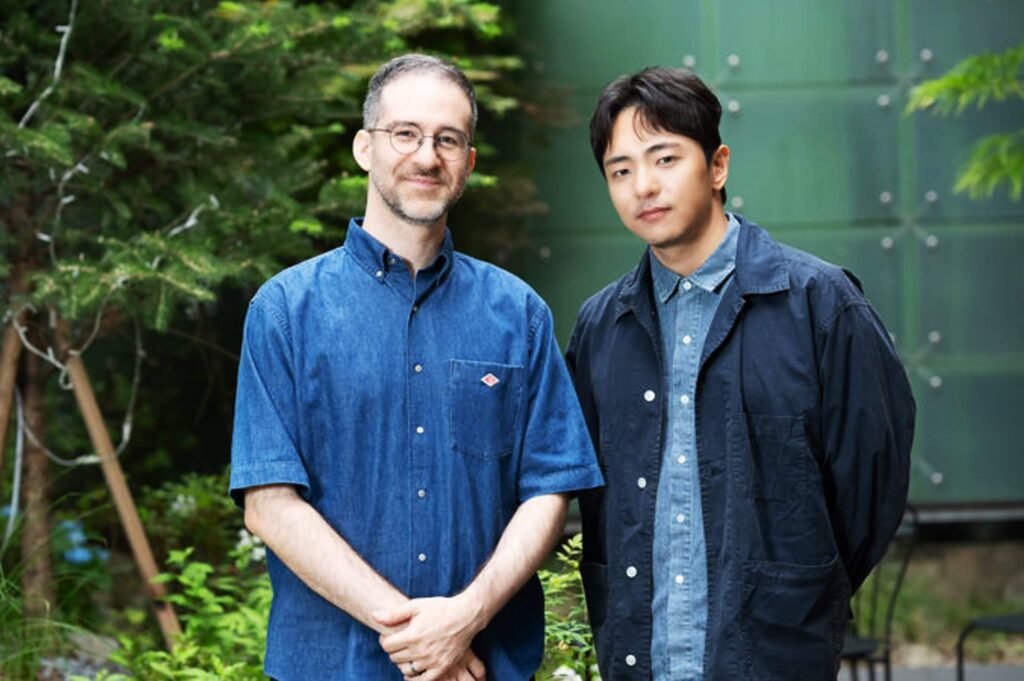
5. The Beginning of His First Success
After continuous revisions and improvements, Maybe Happy Ending gradually began to spread by word of mouth. The book gained recognition through reading groups, book talks, and social media review events, and more and more readers started to connect with the message in the work.
Ultimately, this novel elevated writer Park Hyu-cheon to the ranks of a “successful writer.” He refers to this not as “luck,” but as “the result of perseverance.” The patience he demonstrated in enduring dozens of rejections and setbacks, and his sincere heart toward his readers, finally bore fruit.
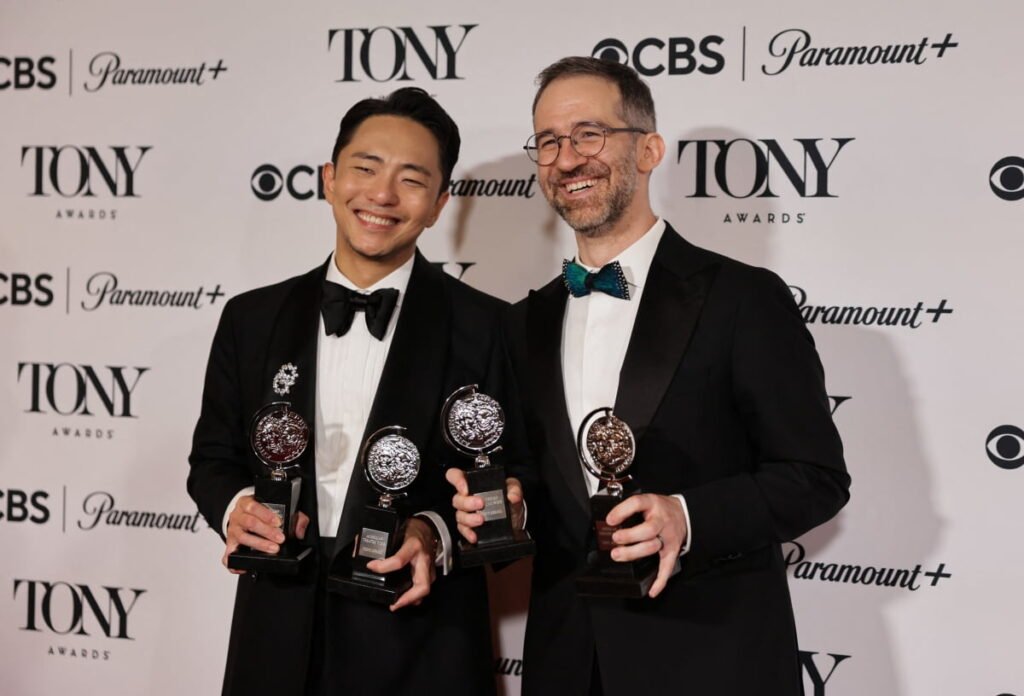
Conclusion: The Happy Ending Created by the Power of Perseverance
Park Hyu-cheon‘s journey offers us an important lesson. While talent is necessary, the power to persevere until the end is even more important. The success of Maybe Happy Ending was not achieved overnight but was the result of the daily effort and self-belief he built up over time.
His story provides deep inspiration for aspiring writers and anyone pursuing challenges in any field. It shows that even if the ending isn’t perfect, if you keep moving forward, you can one day find your own happy ending.
Related articles
Jennie Captivates the World with Audrey Hepburn-Inspired Elegance at the 2025 Met Gala
Everything You Need to Know About Korean Actor Lee Je-Hoon
People all over the world know.! IU’s transformation and challenge!
